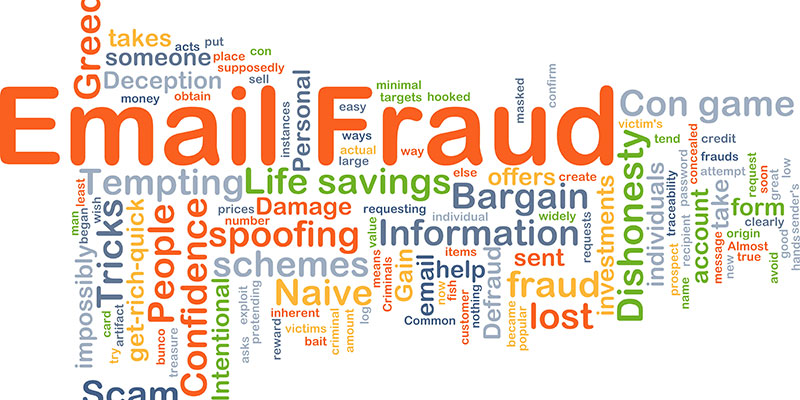Its back to school this week for many kids across the country. As great as summer vacation can be, many parents look forward to getting back into a regular routine come mid August. If you don’t have children, then you probably have no idea what kind of costs are associated with this annual tradition. Many parents like to update their kids’ wardrobes before school starts, and this is often the biggest expense. But there are a whole host of other expenses like school supplies, PE clothes, yearbooks**, school pictures, and sports equipment. But it has been four months since anyone had to think about their taxes, so at least that is not a concern. Not until you get a call from the scammer posing as an IRS agent demanding that you pay a bogus school tax. I wish I were making this up. Today the IRS warned taxpayers about this new twist on an old theme. Tax scam artists tend to prey on categories of people who may be more vulnerable, and I guess one of those categories is the taxpaying parent who will do anything to avoid jeopardizing their child’s education.
People, I have said this 1,000 times, but I’ll say it once more: the IRS does not call you out of the blue and demand that you make a payment over the phone. They do not call you out of the blue and threaten to send you to prison. And when I say “out of the blue,” I mean if you haven’t received any notices or letters from the IRS about tax problems (like taxes owed or missing returns), then chances are you don’t have any tax issues that would land you in prison. It really is that simple.
While it seems ridiculous to me that anyone would fall for this scam and think they actually have to pay a “Federal Student Tax,” there is at least one scenario in which I can imagine this scam being successful. Many 17/18-year-old kids go off to college and they’re on their own for the first time in their lives. If you can remember what it’s like to be this age, they tend to be fairly naïve about certain financial matters (like taxes). This financial innocence mixed with the new-found confidence (recklessness for some) of adulthood is a recipe for disaster. I could definitely see the back-to-school scammer finding success with this demographic. Be careful out there college kids!
** I know yearbooks don’t get printed until the end of the school year, but at my kids’ school they suggest reserving your copy before school even starts because they print only a limited number of them and once they’re gone, they’re gone, so of course we have to get one.


